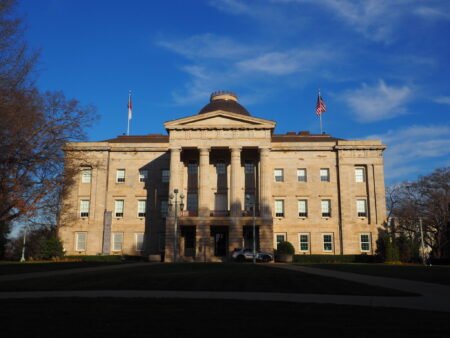FBI Director James Comey is a name known across the United States for his long-standing legal career, high-profile decisions, and ongoing involvement in major national controversies. Born on December 14, 1960, in Yonkers, New York, Comey graduated from the College of William & Mary in 1982 with a degree in chemistry and religion. He went on to earn a law degree from the University of Chicago Law School in 1985, setting the stage for a distinguished career in public service.
Comey began as a clerk for U.S. District Judge John M. Walker Jr. before moving into roles as an Assistant U.S. Attorney in both Virginia and New York. During the 1990s and early 2000s, he became known for taking on high-profile fraud and terrorism cases. His reputation for independence and integrity earned him the position of U.S. Attorney for the Southern District of New York from 2002 to 2003.
In 2003, under President George W. Bush, Comey was appointed Deputy Attorney General. One of his most notable moments in this role came in 2004, when he stood against reauthorizing a domestic surveillance program while then-Attorney General John Ashcroft was hospitalized. The dramatic hospital confrontation became a defining moment in his early career, establishing him as someone willing to challenge authority on matters of principle.
In 2013, President Barack Obama appointed James Comey as Director of the FBI. As FBI Director, he was known for his strict, rule-based approach to leadership. However, it was his handling of the Hillary Clinton email investigation that brought him into the national spotlight. In July 2016, he publicly announced that the FBI would not recommend criminal charges against Clinton for her use of a private email server while serving as Secretary of State. This decision angered many Republicans. Then, just 11 days before the presidential election, Comey informed Congress that the investigation had been reopened due to newly discovered emails. Critics said the timing influenced the outcome of the 2016 election, and Democrats blamed him for Clinton’s defeat.
Comey’s career took another dramatic turn in 2017 when he was fired by President Donald Trump. At the time, Comey was leading an investigation into possible ties between Trump’s campaign and Russian interference in the election. The firing raised immediate concerns about obstruction of justice and led to the appointment of Special Counsel Robert Mueller to take over the investigation. Since then, Trump has repeatedly attacked Comey, calling him disloyal and accusing him of leaking classified information, although no criminal charges were filed.
After leaving government service, James Comey wrote two bestselling books: “A Higher Loyalty” in 2018 and “Saving Justice” in 2021. These books reflect on his public service, leadership values, and experiences with President Trump. He has also taught at Columbia Law School and regularly speaks on topics such as truth, justice, and the rule of law.
Comey’s post-FBI life has not been free of controversy. He was selected for an IRS audit, which many observers suggested might have been politically motivated. In July 2025, he was again in the headlines after posting a photo on Instagram that some interpreted as a threat to Trump. The photo showed seashells spelling out “86 47,” which critics claimed was a coded message implying harm to Trump, the 47th president. The Secret Service began a surveillance operation that included tailing his vehicle and tracking his phone. Though Comey denied any violent intent and said he did not know the phrase had a dark meaning, the agency still conducted an in-person interview and monitored him for several days.
Despite numerous investigations, media attacks, and political pressure, FBI Director James Comey has never been charged with any crime. His life continues to reflect both the power and the peril of serving in the highest levels of U.S. law enforcement.







